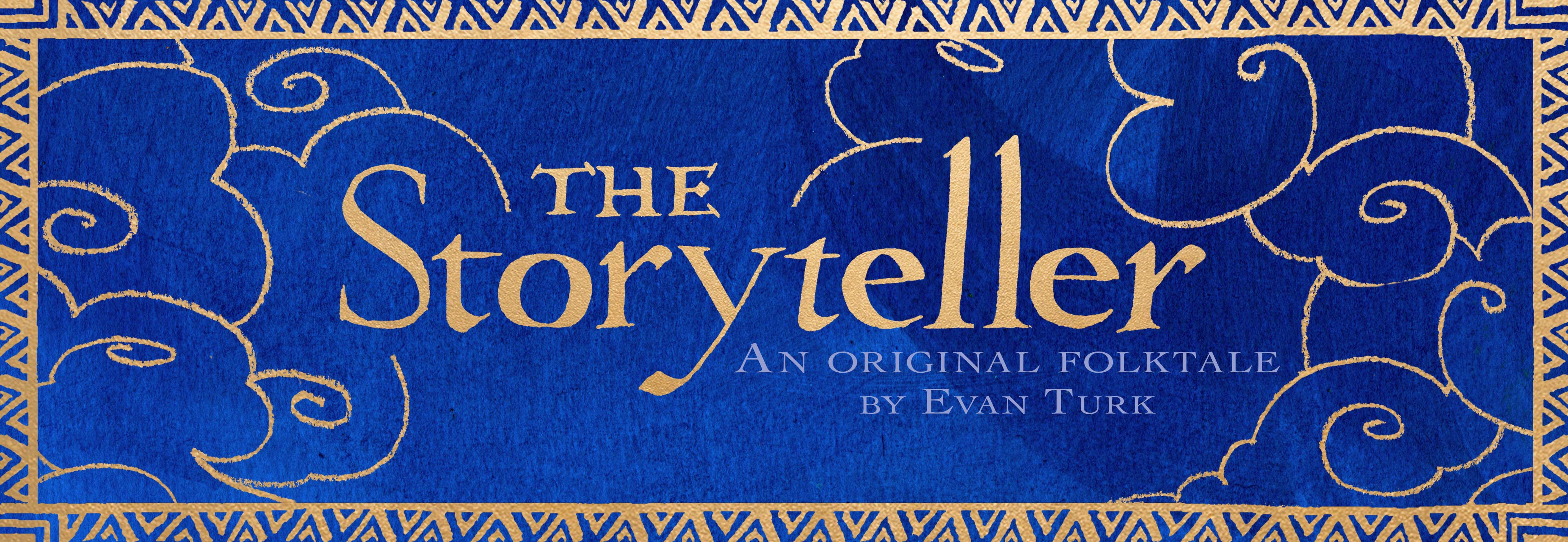I found him sitting on a mattress in a dark room praying.
It had taken days to track him down in the narrow crumbling streets of Marrakech’s medina. Ahmed Temiicha was once the most famous storyteller in Marrakech, but when I met him he was old, frail and had gone blind.
He lived in an old house or riad with balconies overlooking an inner courtyard of peeling walls and cracked tiles. I sat down and listened to his stories. His eyes seemed to sparkle as he recounted a long twisting saga called, “The Apples of El-Ghaliya bent Mansour.” She was an enchantress who lived beneath the seventh sea. She would sleep for a year and stay awake for the next one. She would make her bed with half of her hair and cover herself in the other half. Seven watchmen guarded seven doors of her underwater palace. Beyond its walls was an orchard of golden apples. The hero of the story had to steal one of these in order to marry a beautiful princess…
Like tales from ‘A Thousand and One Nights’, traditional Moroccan stories are fantasies; a world where listeners young and old can escape from their everyday lives. But they are also fables, parables and morality tales which teach us how to live a good life. The stories of Marrakech are especially culturally rich because they have diverse influences: from the Arab Middle East, Sub-Saharan Africa and the Berber people of North Africa.
As I listened to Ahmed’s stories, I felt as if I was travelling back in time. This must have been what it was like centuries ago in remote mountain villages or among the dunes of the desert, when camel herders gathered around camp fires and told tall tales beneath the stars. It had been a privilege to listen to Ahmed in that small room with its broken tiles and old mattresses. By telling stories he seemed to keep himself alive, and he enchanted me. In the land of the blind, the storyteller is king.
Forty years ago, Ahmed was in good company. There were nearly twenty storytellers or hlaykia performing in Marrakech’s central square, the Jemaa el Fna. Now there are none. It is thought storytellers told tales here since the founding of the Red City in the eleventh century. From generation to generation they would pass on their stories, most of which were never written down. But this chain of oral tradition is teetering on the brink of extinction and the culprit is technology. Young Moroccans prefer to stare at computer screens or watch TV than listen to a hlayki. We are witnessing the decline of a rich tradition unable to keep pace with modernity. “When a storyteller dies,” locals here will tell you, “a library burns.” The stories will probably crumble like the buildings of the medina or disappear like the peeling paint in Ahmed Temiicha’s riad.
When I left his house that afternoon, I blinked in the fierce sunlight feeling disorientated, as if emerging from an afternoon film at a cinema. I walked down a narrow side street, ascended a steep ramp and squeezed through a curious hole in the wall to find myself back in one of the bustling main thoroughfares of the city. It was as if I had emerged from something out of Ahmed Temiicha’s own stories – a ghoul’s grotto, a cavern of treasures guarded by a djinn or the underwater palace of El-Ghaliya bent Mansour.
A year or so later I was told that Ahmed Temiicha had died. His library had burned but at least I had managed to save a few of his stories or take a few of his golden apples.
There are some admirable attempts to revive storytelling in Marrakech. In a café in the Kasbah, called Café Clock, several young Moroccan apprentices are learning ancient tales from another master storyteller, Ahmed Ezzarghani. I hope and pray he succeeds in passing the baton to the next generation and keeping this superb tradition alive.
Richard Hamilton is the author of “The Last Storytellers: Tales from the Heart of Morocco” published by IB Tauris.
Discover a copy at…
Amazon | Indiebound | Books-A-Million | Barnes & Noble | IB Tauris







